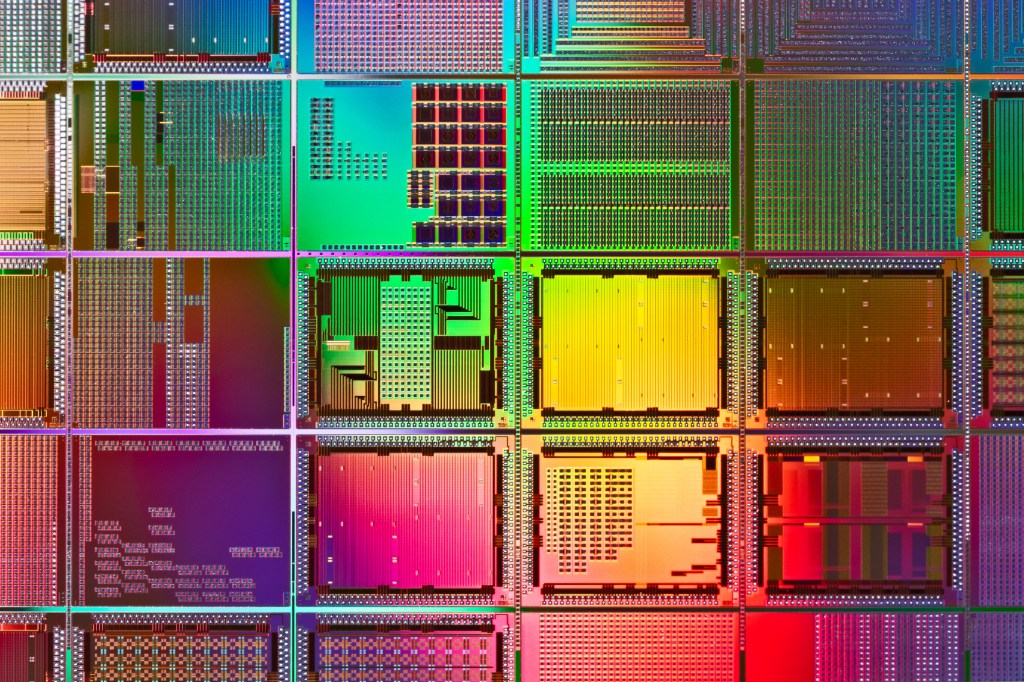There has been a steady drumbeat of news on the U.S.-China trade front since the start of the Trump administration. President Trump has made decoupling from China’s economy on on-again, off-again proposition. There was the trade conflict with weekly changes in American tariff policy, the threats against ZTE and Huawei, the responses from China against Qualcomm and NXP and the launch of new restrictions on China investment in U.S. startups and telecom infrastructure.
With COVID-19 and the ensuing global economic collapse, much of that conflict was put on the back burner. A tentative agreement between the U.S. and China — agreed to before the worst of the pandemic — seemed to get even broader support as the economic indicators from the globe’s two superpowers started to trickle out.
Then this week happened, and in almost no time at all, the U.S.-China trade detente has been torn apart.
Overnight, there were three critical stories that are going to reshape U.S.-China trade for the foreseeable future, with plenty more stories lurking beneath the surface.
First, you have the announcement this morning from the Department of Commerce that the Trump administration is going to ban Huawei from using U.S. software and hardware in certain strategic semiconductor processes, a move designed to limit the leading Chinese chip manufacturer from growing its market power and technological capabilities. Earlier yesterday, the administration also announced an extension to the government’s export ban on Huawei and ZTE.
The Trump administration has threatened moves like this since almost the president’s first day in office, and Commerce even couched the language, saying that it is “narrowly and strategically” targeting the Chinese company. Nonetheless, Huawei’s importance as one of China’s leading technology companies can’t be overstated, and the two moves combined is already being perceived as a direct assault on China’s recovering economy.
Second, you have a major announcement overnight from TSMC — the world’s largest chip foundry and one of the only foundries that can handle the manufacturing of the most advanced chips — that the Taiwanese company will invest and launch a major, $12 billion factory in Arizona. The release says that the factory will be capable of producing the world’s most advanced 5-nanometer chips when it launches in a couple of years. The announcement came after weeks of debate in Washington aimed at cutting off TSMC’s ability to build chips for mainland Chinese companies like Huawei — a move that TSMC argued would dramatically hurt its profitability and ability to invest in further R&D.
Third, you had the announcement this morning that Foxconn’s profits dived 90% due to COVID-19 and declining smartphone shipments. Foxconn, a Taiwanese hardware assembly company (among many other things), has been caught in the smoldering U.S.-China trade conflict, and even attempted at one point to build its own $10 billion manufacturing facility in Wisconsin with Trump’s felicity only to scuttle that plan entirely in an embarrassing setback.
Foxconn’s profits plunged nearly 90% due to COVID-19 shutdown
Meanwhile, the trade deal that had calmed tensions between DC and Beijing appears increasingly in doubt.
And that’s just what happened overnight.
There are so many individual data points on U.S.-China trade that it can be hard to see the patterns. Policies have hardened, policies have softened, but at its core the U.S. and China have attempted to keep the trade flowing, if only to maintain growth in their economies. That’s what coupling has been all about: while there can be massive disagreements between the two sides, each has something the other wants. China wants to build and grow, while America wants to design and buy.
The past few months of COVID-19 have changed that calculus, as has an election year in the United States, where wariness of China has hit record, bipartisan highs, according to polls. The intense conflagration of the American economy, with tens of millions jobless and growth stalled for the time being, means that even more intense scrutiny is being placed on anything that might be harming the country’s financial math. We are now seeing the fruits of that new normal.
There will be more decoupling maneuvers in the coming weeks. There will also almost certainly be a renegotiation of the U.S.-China trade deal, despite comments that neither side is interested in reopening those discussions.
Yet, the real interesting dynamic to watch is going to be Taiwan, which is home to strategically critical sectors of the chip industry. TSMC’s announcement accepts the reality of decoupling, but attempts to work around it by recoupling the United States to the safety of Taiwan. Taiwanese companies and the island’s politicians have avoided ceding its technology to other countries, creating a dependence that they have hoped would protect the island in the event of a mainland Chinese invasion. After all, if the Pentagon can’t get its chips, it’s going to have to intervene, or so the thinking holds.
In this new world though, TSMC building an American factory doesn’t undermine that narrative, it actually strengthens the bonds between the U.S. and Taiwan. More jobs, more trade, more travel and, ultimately, a deeper appreciation of the importance of each other. The question is how far the Trump administration is willing to go here. Taiwan is bidding to rejoin the World Health Organization, where it was an observer up to 2016. How deep are those ties? Will the U.S. go beyond its own diplomatic framework to intensely push for Taiwan’s reentry in spite of Chinese opposition?
That’s what is next, but what is clear today is that the world of semiconductors, of internet infrastructure, of the tech ties that have bound the U.S. and China together for decades — they are frayed and are almost gone. It’s a new era in supply chains and trade, and an open world for new approaches to these huge existing industries.






























Comment